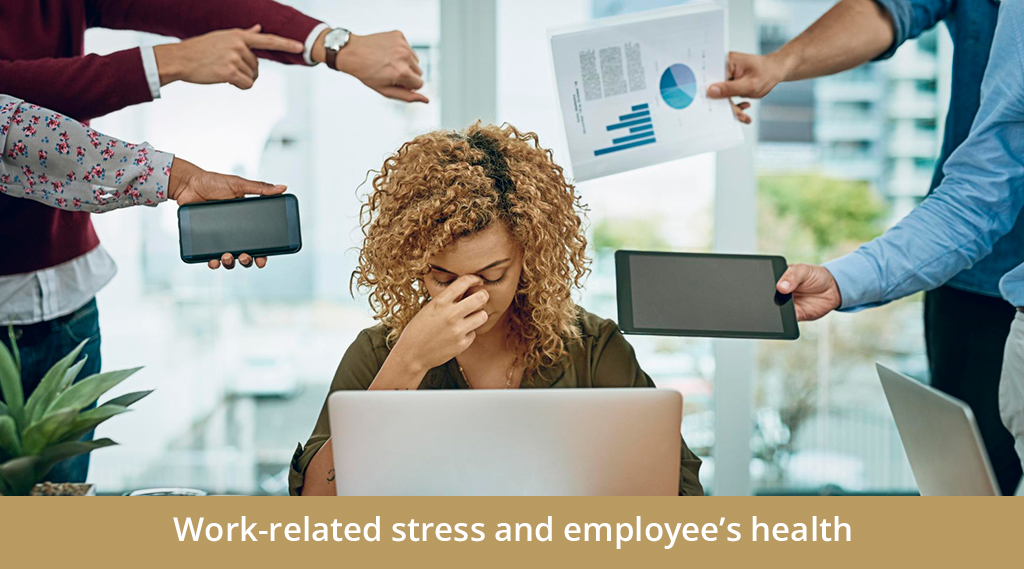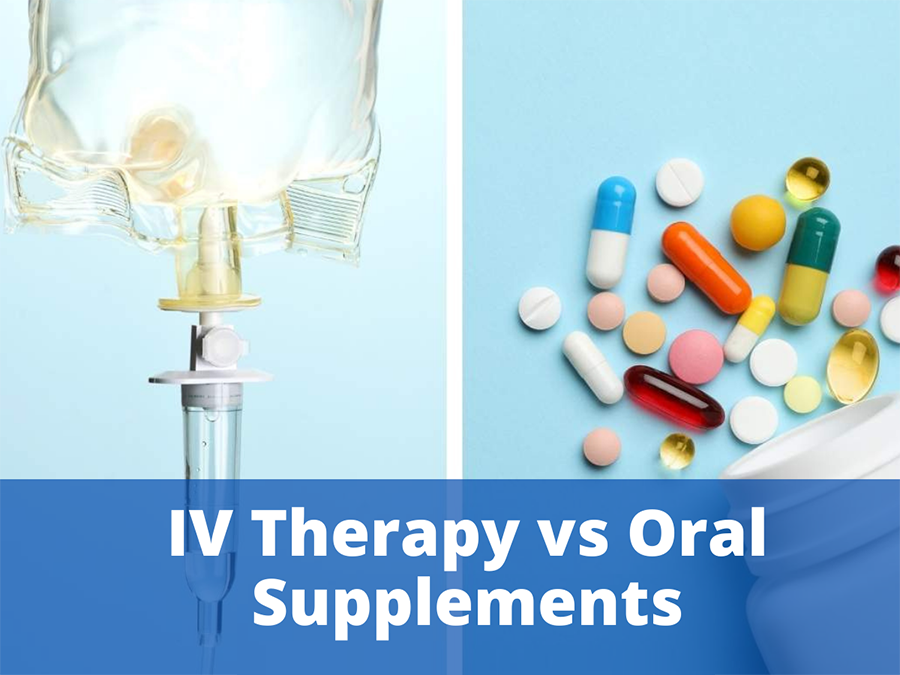
"Having a job in many ways improves an individual's health and overall attitude toward life." However, many people face significant stress in the workplace that outweigh any possible benefit and even possess a threat to their health.
Job burnout is a special type of work-related stress — a state of physical or emotional exhaustion that also involves a sense of reduced accomplishment and loss of personal identity.
"Burnout" is not a medical diagnosis. Some experts think that other conditions, such as depression, are behind burnout. Researchers point out that individual factors, such as personality traits and family life, influence who experiences job burnout.
Whatever the cause, job burnout can affect your physical and mental health. Consider how to know if you have got job burnout and what you can do about it.
Possible causes of Job Burnout
Job burnout can result from various factors, including:
• Lack of control. An inability to influence decisions that affect your job — such as your schedule, assignments, or workload — could lead to job burnout. So could a lack of the resources you need to do your work.
• Unclear job expectations. If you are unclear about the degree of authority you have or what your supervisor or others expect from you, you are not likely to feel comfortable at work.
• Dysfunctional workplace dynamics. Perhaps you work with an office bully, or you feel undermined by colleagues or your boss micromanages your work. This can contribute to job stress.
• Extremes of activity. When a job is monotonous or chaotic, you need constant energy to remain focused — which can lead to fatigue and job burnout.
• Lack of social support. If you feel isolated at work and in your personal life, you might feel more stressed.
• Work-life imbalance. If your work takes up so much of your time and effort that you do not have the energy to spend time with your family and friends, you might burn out quickly.
So how does job burnout or work-related stress affect our body
Whenever we are stressed, the hypothalamus from brain, stimulates the so-called hypothalamic-Pituitary-Adrenal Axis (HPA), as a result, the adrenals releases adrenaline and cortisone hormones, which prepare the body to deal with the stress, by increasing the heart rate, and directing more blood to vital organs, such as the brain, heart, and muscles.
Once the stressors fade away, everything goes back to normal. However, if the stressors persist, this leads to continuous release of stress hormones, a situation that leads to several short term, and long terms symptoms, such as irritability, anxiety, depression, headaches, insomnia, and eventually, chronic diseases, such as hypertension, diabetes, strokes, heart attacks, etc.
During all the above stress-related consequences, 5 of the most essential nutrients to our bodies, are consumed rapidly: Magnesium, Vitamin C, Vitamin B5, Vitamin B6, and Zinc.
On top of the list is MAGNESIUM, which is essential for around 300 enzymatic reactions in our body and has a major role in the famous energy producing reaction called Krebs’s cycle. So, no wonder that it is consumed fast during stress. Multiple studies have now demonstrated improved stress response, antidepressant, and anti-anxiety effects of magnesium supplementation.
VITAMIN C Best known for its immune-supporting qualities, vitamin C can often be overlooked when it comes to stress, yet is crucially important. Vitamin C is found in high amounts in the adrenal glands and is released in response to ACTH (a hormone secreted during stress). Humans are among only a few mammals that can’t produce vitamin C; and for most other mammals, vitamin C production naturally increases during stress. Since human bodies cannot do this, we have to rely on our diets to regularly keep vitamin C stores topped up, and this is especially important during times of stress.
VITAMIN B5 – Pantothenic acid or vitamin B5 as it is more commonly known is a member of the water-soluble B complex family of vitamins. It is an important nutrient co-factor needed during the stress response, so when stress levels increase so do your body’s requirements for vitamin B5. Vitamin B5 is converted in the body into Acetyl-CoA as an essential part of the energy production process. Acetyl-CoA is present in all cells, but in much higher quantities in the adrenal glands, and this is simply because so much energy is needed to produce adrenal hormones. Hence why more vitamin B5 is needed during stress; an important one to keep topped up during a stressful patch.
VITAMIN B6 – Another important member of the B complex family, vitamin B6 is an important cofactor in several of the biochemical pathways in the adrenal stress response. The hypothalamic / pituitary / adrenal (HPA) axis modulates adrenal activity and the stress response. Vitamin B6 is important for the proper function of the HPA axis so helps to maintain balance and harmony. Vitamin B6 helps to relieve stress, yet stress depletes B6 so it is crucial that your diet supplies plentiful levels of this nutrient during stressful periods.
ZINC – Perhaps the most commonly deficient mineral, it is fair to say that most people don’t get enough zinc. Zinc plays an important role in modulating the brain and body’s response to stress. Strict vegetarians may be at higher risk of zinc deficiency and so should pay even closer attention to including plenty of this vital mineral in their diets during stress.
Recent Posts
-

Anti-Aging IV Drip Therapy Benefits and How It Works
Ageing is a natural biological process that affects every living organism over time. As humas, when we age, cellular repair slows down, hydration levels decrease, oxidative stress increases, and essential nutrient absorption becomes less efficient.
January 24, 2026 -

IV Therapy vs Oral Supplements: Which Is More Effective?
Many people take daily supplements because they feel like a part of their routine, but the body does not process every tablet the way anyone expects or believes it does. Some days, absorption can be steady; other days, it can't be guaranteed, for reasons that have little to do with the dose itself... Read more
January 21, 2026 -

Types of STD Tests: Blood, Urine, Swab and Rapid Tests Explained
STD testing is considered essential for early detection, accurate diagnosis, and effective treatment of sexually transmitted infections. Many STDs show little or no symptoms, making regular screening an important part of sexual health and wellbeing ... Read more
January 16, 2026 -

How Modern Labs Detect STDs: The Science Behind the Tests
Sexually transmitted infections can often stay silently in the body, sometimes creating subtle changes that leave a person uncertain about what is happening. Modern diagnostics and STD/ STI lab tests help bring clarity by studying tiny pathogens that the body is being exposed to long before it becomes an actual health risk.
January 06, 2026 -

Multivitamin IV Drip: How Beneficial Are They?
A Multivitamin IV Drip is a sterile infusion that combines nutrients such as vitamin C, B-complex vitamins, magnesium, and calcium in a balanced, hydrating solution. At Health Call, this popular treatment is used to support overall hydration ...
December 10, 2025




